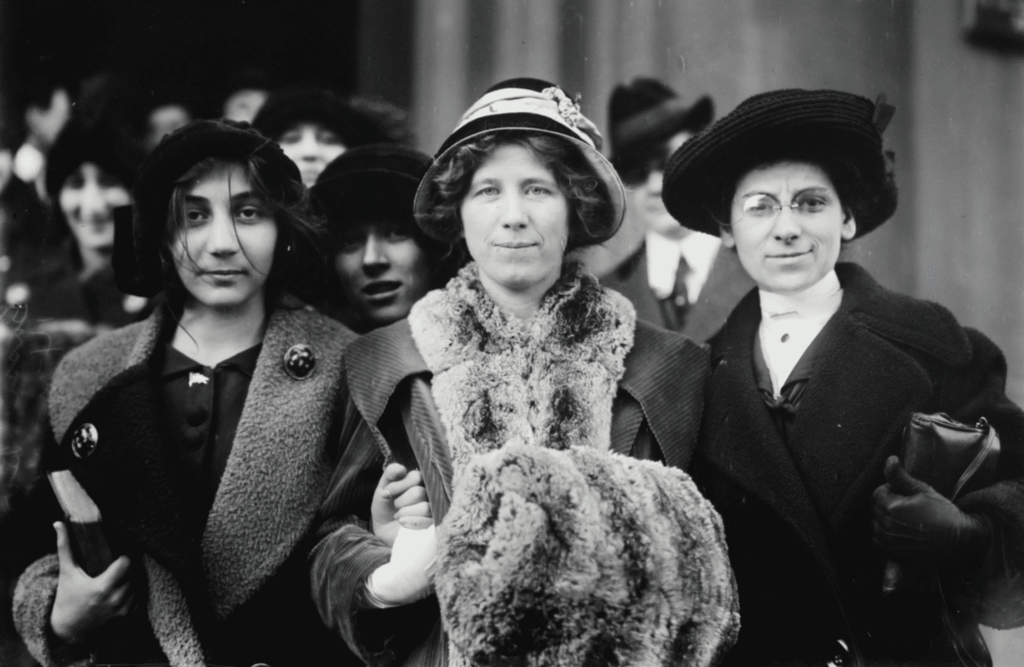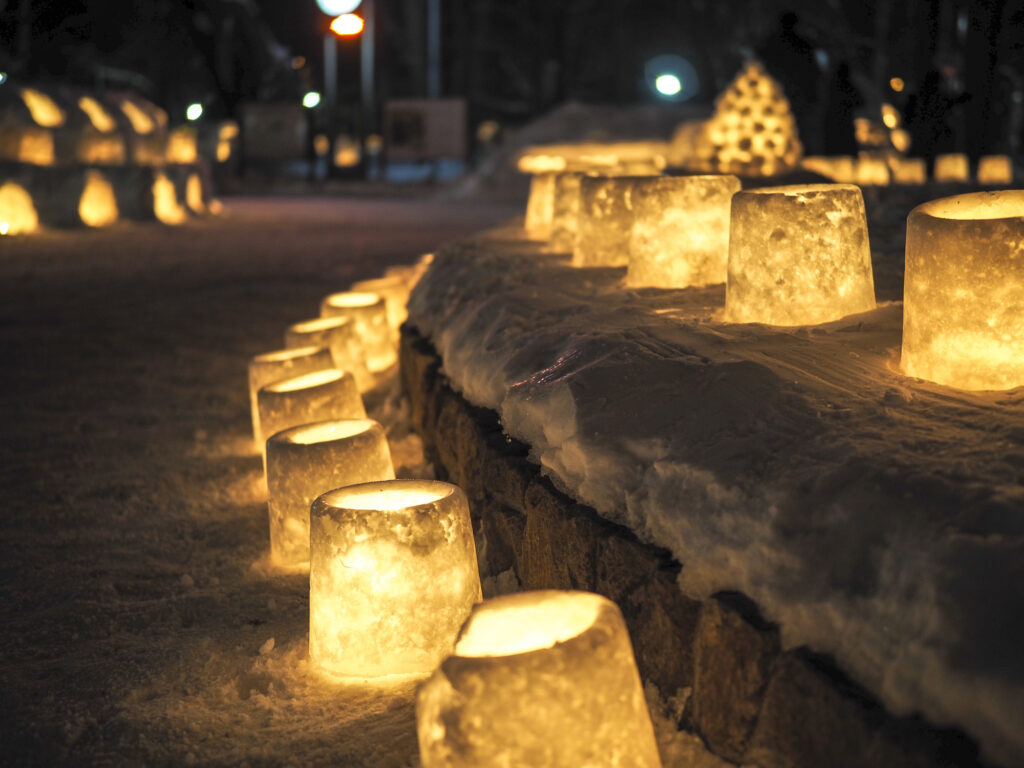 It’s bedtime and I’m sitting with my child, in my pyjamas, reading aloud the wildly popular Cabin Fever, the latest installment in the Diary of Wimpy Kid series by Jeff Kinney. The main character is all of 14 and is just a stick-man spouting teen lingo. Nevertheless, I think I know this guy. Where have I met him? Let’s see…he’s holed up at home during a snow storm and feeling claustrophobic and yet going to great lengths to avoid going outside. Oh wait, he’s me!
It’s bedtime and I’m sitting with my child, in my pyjamas, reading aloud the wildly popular Cabin Fever, the latest installment in the Diary of Wimpy Kid series by Jeff Kinney. The main character is all of 14 and is just a stick-man spouting teen lingo. Nevertheless, I think I know this guy. Where have I met him? Let’s see…he’s holed up at home during a snow storm and feeling claustrophobic and yet going to great lengths to avoid going outside. Oh wait, he’s me!
Now that the days are shorter and melancholy is lurking, it’s inevitable that we will face the same question as Wimpy Kid, Greg Hefley: “Can there be anything worse than being stuck inside with my family? How will I survive with these people?”
The blues hit every year and every year, we ask the same question: Why is this happening? Could this be the year I find the answer? Maybe I can cozy up to a roaring fire and write my own bestseller: Diary of A Locked Up Parent.
Dear diary, remember me?
Personal coach Jan Hill, PhD, of Toronto, says we turn inward after experiencing the fun distractions of summer. “Buddhists Monks focus in on themselves. They want to be reflective, and they want to be in that quiet space – they withdraw.” Maybe that’s what many of us do; we dig out our favourite jammies, pull out our slippers, and start to think about the joys of the upcoming holidays (insert your own tradition here), and – if we’re really lucky – a winter getaway.
I think I'm bored
We finally become acclimatized to the change. But one day, we wake up to discover we’re bored. Why isn’t the phone ringing? Betty hasn’t sent me an email in days; doesn’t she miss me? Jan says “it takes less than three weeks for us to go from a place of ‘oh my god this is really exciting’, to ‘oh my god – again!’ ” We start to feel flat and listless. We spot our to-do lists on the night stand – but every task is daunting. So we pull the covers over our head and press the sleep mode for a third time because we’re exhausted.
Still bored, but too busy to complain
In winter, everything takes a bit more effort: getting dressed in layers upon layers, walking out the door, starting our cars, driving from A to B, unloading the groceries. “We live this compressed life. We need to acknowledge that our lives are compressed into tinier and tinier timeslots. Know when to ramp up and when to take it down a notch.” Plan tomorrow’s to-do list. Now go back and delete something from the list. Feel better? While you’re at it, schedule breaks in your day. For your brain to be creative, your brain and body need time to restore.
Did I mention that I'm exhausted?
Here’s the cruel joke about Canada’s winters: you get fewer long weekends, and most of the holidays involve intense preparations. Gone are the days of relaxing on the deck while drinking beer with friends. Come Thanksgiving and Christmas, we are flooded with reminders of everything that is expected of us, and soon we’re operating on autopilot because we know the drill. Not only can the execution of such lists be taxing, but at the end of the day, it’s highly possible that we think gee, what a disappointment. “That can zap your energy in a second.”
We need to be aware of our expectations, so that we don’t take all the fun out of the holidays. When we subconsciously conform to all the “shoulds” life can be very depressing, says Jan. Next time you hear yourself saying “I should do that,” consider doing what you really want to do.
Is anyone out there?
No one has called today. Or yesterday, for that matter. It could be that everyone is doing what you’re doing – waiting for the rest of the world to come to the rescue. Sometimes we have to force ourselves to act, and to seek support from the community and friends. But it isn’t an easy step to take. Not only do we have to get dressed and make the effort to step outside our toasty, warm homes, we also have to accept that we could use help from others. Our society is not particularly good at that, says Jan. We focus a lot on individualization and individualism. If we don’t need other people, then we often just manage everything ourselves.
“That’s really quite dysfunctional,” she says. “People are happier if they have functional interdependence, and contribute to the group and, in return, the group contributes to their well-being.” So go to the library, the community centre, the church drop-in program, the hills. Find people who share your hobbies, concerns and problems. They’ll become an instant support group. “Through community we actually lighten our workload, and when we lighten our workload, it either gives us more time to sleep or it means we don’t have to sleep so much because we have more energy,” says Jan.
I think I need a push
You may catch yourself hoping scheduled events and play dates will be cancelled. Oh, if only the car won’t start. Or you go to bed at night praying the weatherman is right when he predicts 30 centimetres of snow. Jan says to be mindful that this is the February part when we don’t want to leave our house.
“But leave it anyway.” The reward for getting out and connecting with friends is that they provide distractions for our kids. “We want them distracted so we don’t have to control them as much!” says Jan. Of course, we may want to consider replacing the need to control with actual play time with our kids, whatever their age. “Parents have conversations with their children when they’re doing other things. We can’t play or communicate with our children when we’re doing other things.” Strange as it sounds, it’s a good idea to actually schedule play time into your busy day. And resist the urge to cancel.
I’m sure next year will be better
Something to consider for next year: Summer and fall are great times to make new connections. Build a support network during the warm months, so that when the cold arrives, you’ll have already made your connections. “People who feel overwhelmed believe that they can’t actually take on one more thing – even if that one more thing will alleviate that sense of being overwhelmed,” says Jan. “It’s very hard to make changes when you feel overwhelmed.”
Déjà vu
Greg, the Wimpy Kid, had it right when he wondered ‘how will I
survive with these people?’ Every year when the days are shorter and
the sidewalks muckier, we catch ourselves in this moment of déjà vu. No
need to panic; we can just leap to our feet; throw open the front
door as wide as possible, take a deep breath and go forth into the world
and save ourselves.
Barb
MacDonald is a Mississauga-based freelance writer who likes to hibernate
inside with her two boys, ages 10 and 13, during the winter months. This year, she vows to venture outside. Jan Hill can be reached at [email protected].
Originally published in ParentsCanada magazine, November/December 2011.










